Results
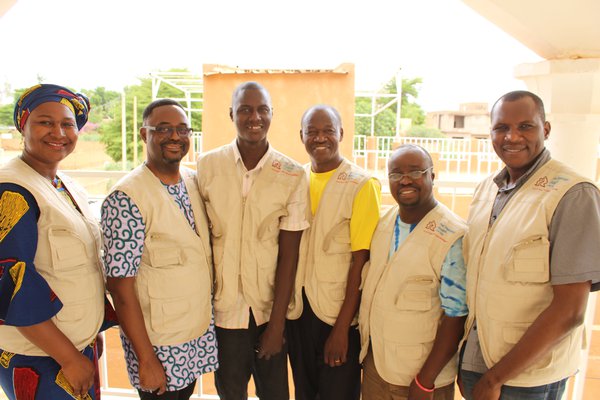
Niger is one of the poorest countries in the world, but we're working hard to defeat leprosy and transform lives across the country.
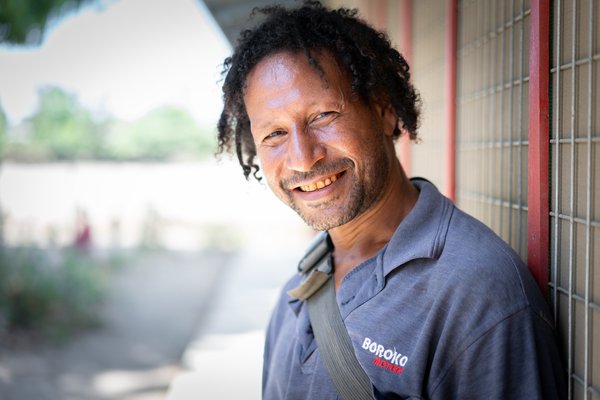
Leprosy is a socially stigmatised disease – it affects not just the physical, but the mental and social, as well. If we only treat leprosy physically, we are not treating it completely.
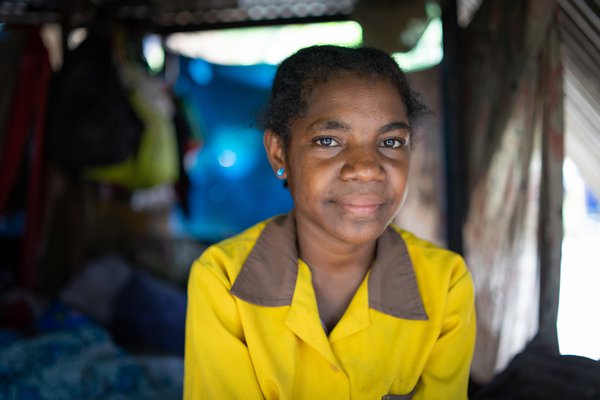
People often have many of their human rights deprived from them when they are diagnosed with leprosy. This is in violation of the Universal Declaration of Human rights and it needs to change.
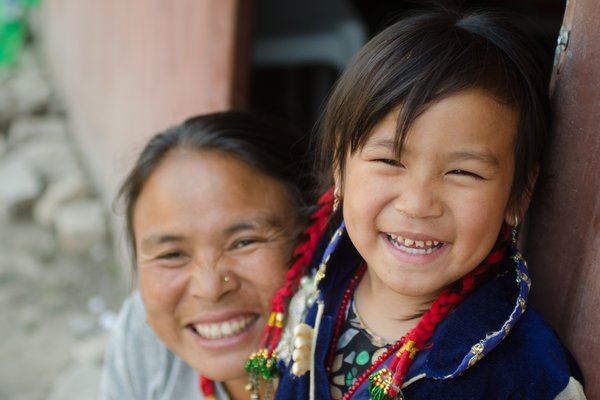
Leprosy is the oldest disease in the world. Sadly, hundreds of thousands of people are still diagnosed with it ever year. We are now entering 2020 and I believe that, in the next 15 years, we will end transmission by 2035.
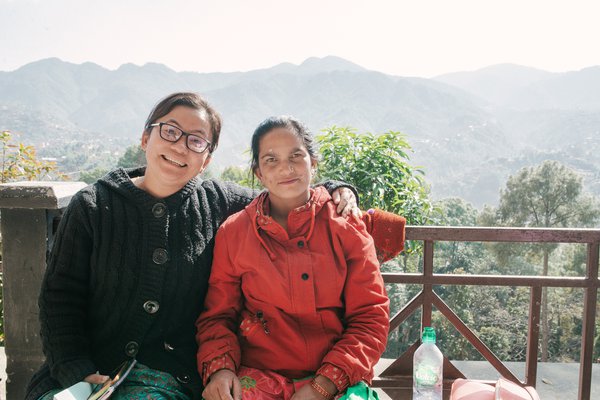
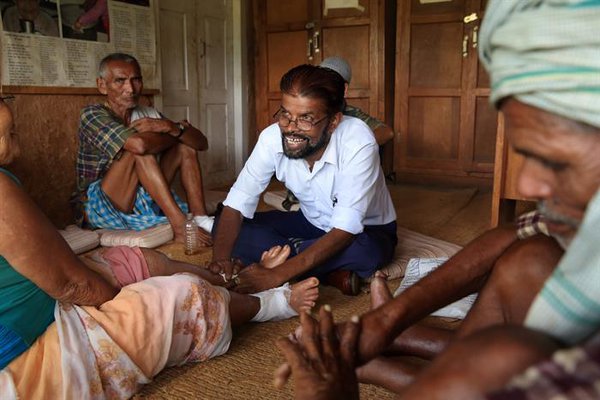
Leprosy is the oldest disease known to man. In most countries it no longer exists and hasn’t done for centuries, yet in many corners of the globe, it won’t go away. Why is this?
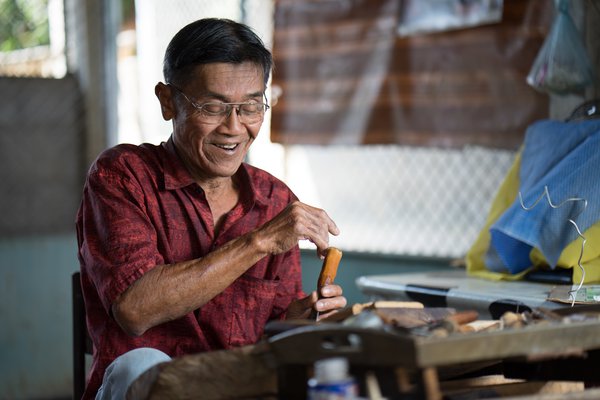
People affected by leprosy face social isolation due to misplaced fears that lead to persecution and rejection from families and communities.
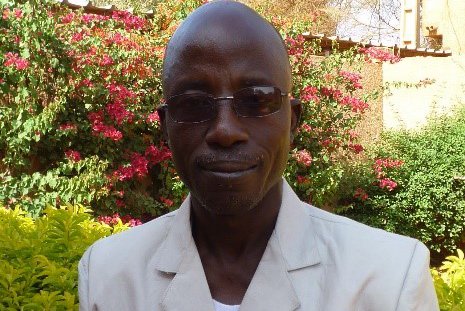
Issa Harouna is a person affected by leprosy. He was diagnosed with leprosy at the young age of 10 years old, but he has a message about how we treat people affected by leprosy and how people affected by leprosy should see themselves.
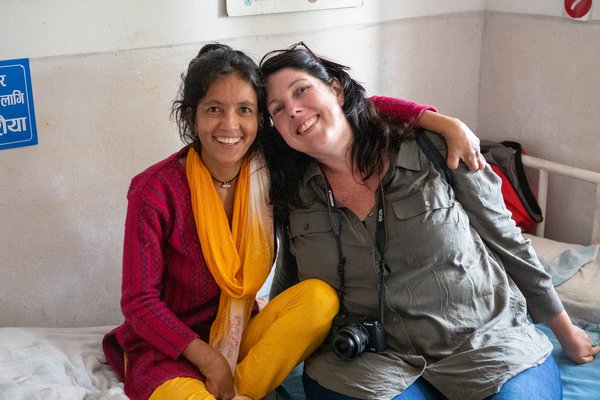
Leprosy is a mildly infectious disease that is found mostly in poorer communities across the world. Around 200,000 people are diagnosed every year and there are many wrong beliefs about how you catch leprosy, so we asking: what is the truth?
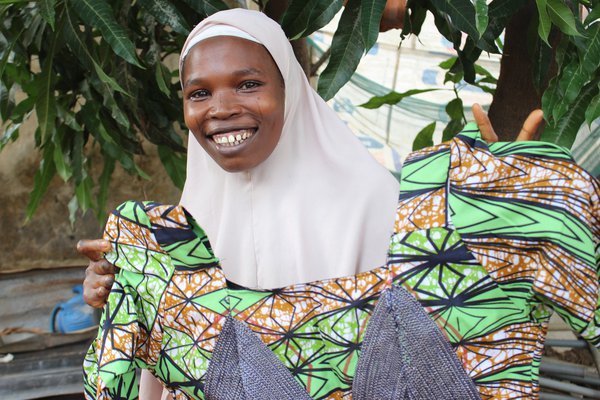
Leprosy is a mildly infectious disease that around 200,000 people are diagnosed with each year. When you look at the facts surrounding leprosy, it should not be regarded differently from any other mildly infectious disease – and yet it is regarded differently. Why is that?
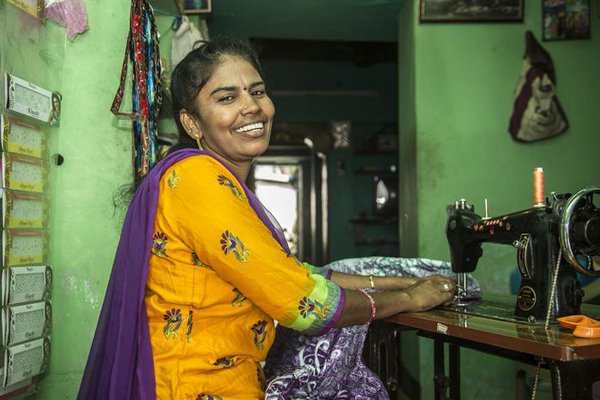
Leprosy is the oldest disease known to man, but we believe that we can be the generation that ends it for good. We believe that there will be no more cases of leprosy after 2035. But we need your support. Here’s how you can help.
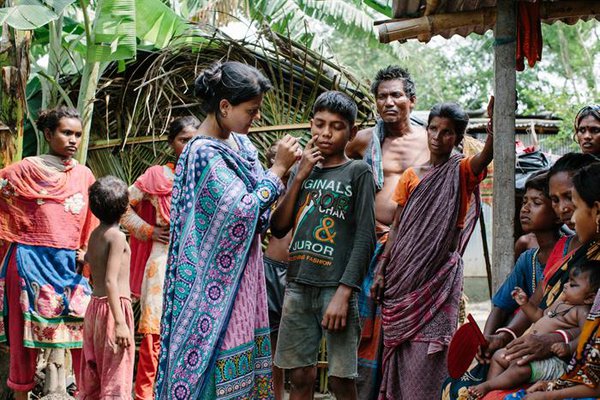
In recent months, we have heard plenty about how contact tracing is a key weapon in the fight to bring an end to the Covid-19 pandemic. The same is true for leprosy,.
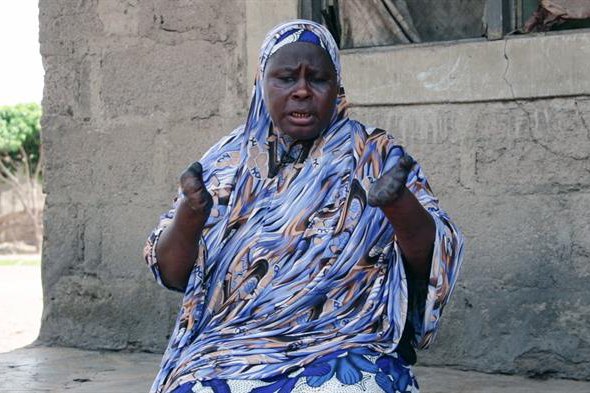
The most vulnerable in our world are being hit the hardest by Covid-19. If you doubt that, read this interview.
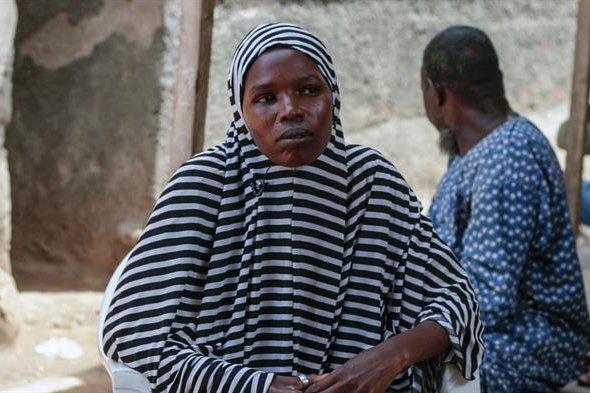
Karima has been learning to live amidst the lockdown caused by the Covid-19 pandemic. For her and her family it has become a question of survival.
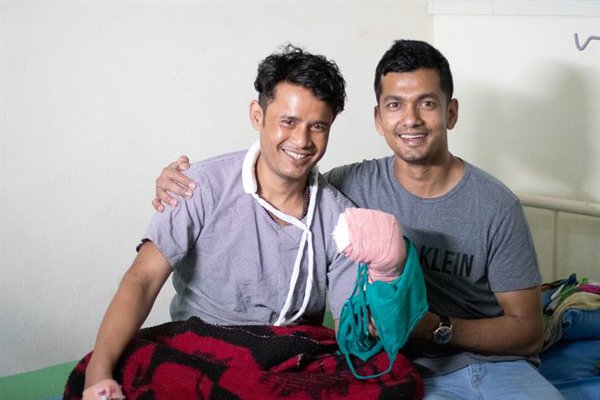
Throughout history, the odious term ‘leper’ has been used as an insult to those affected by leprosy
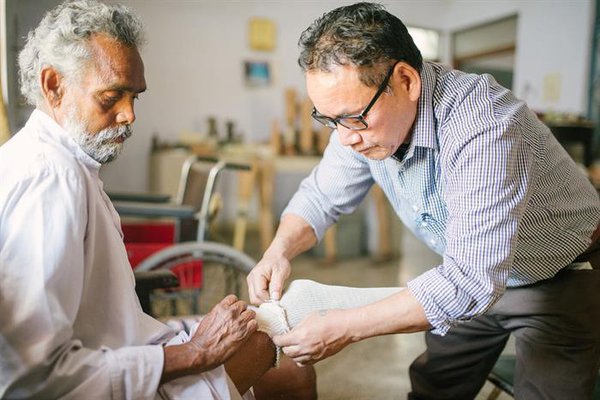
It is no coincidence that hardly any white people are diagnosed with leprosy.
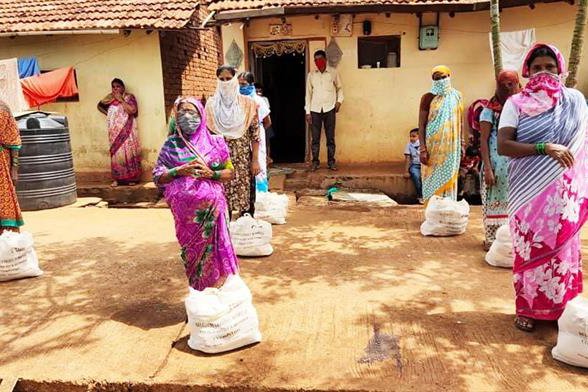
Despite the difficulties many of us are facing due to Covid-19, now would be the worst time to forget about people affected by leprosy.
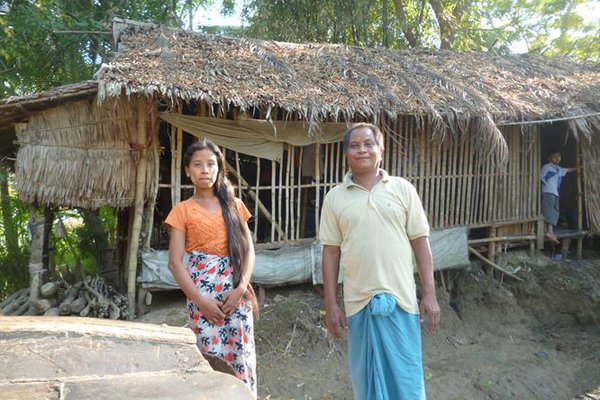
Our teams have been working hard to adapt the latest technology so that we can still offer all the support we can throughout lockdown.
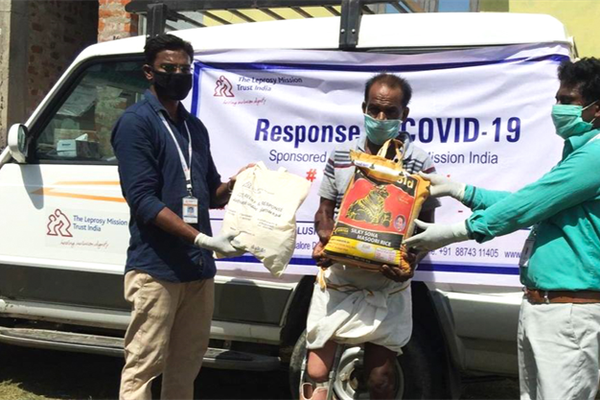
The Covid-19 pandemic has been a difficult experience for billions of people, but for people affected by leprosy, it has been a time of incredible difficulty. Our partners at GPZL have been looking into exactly what this means.